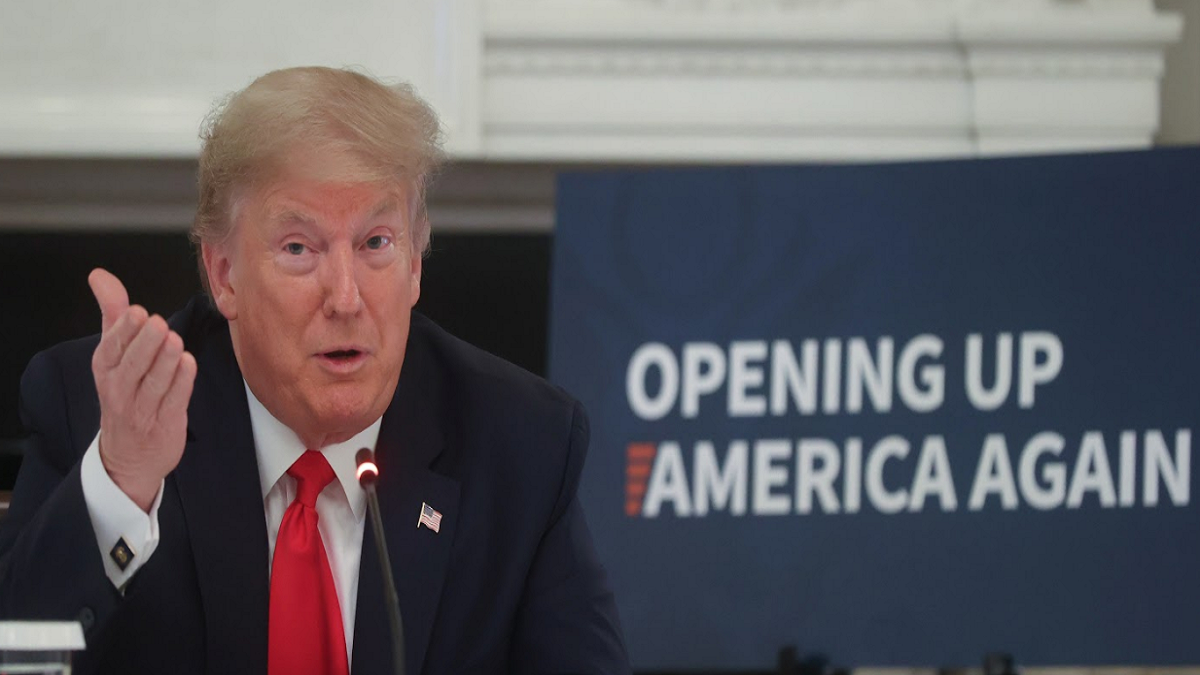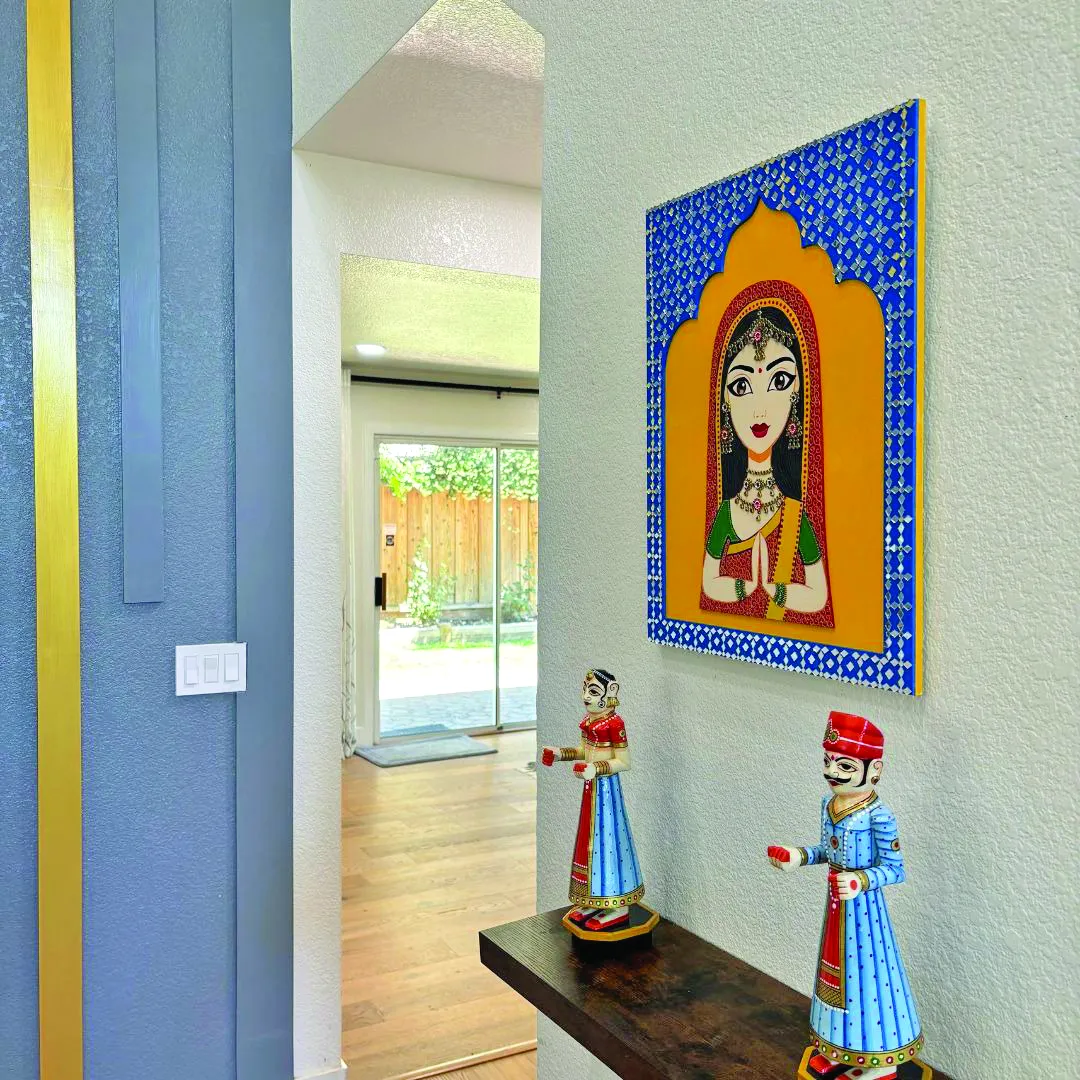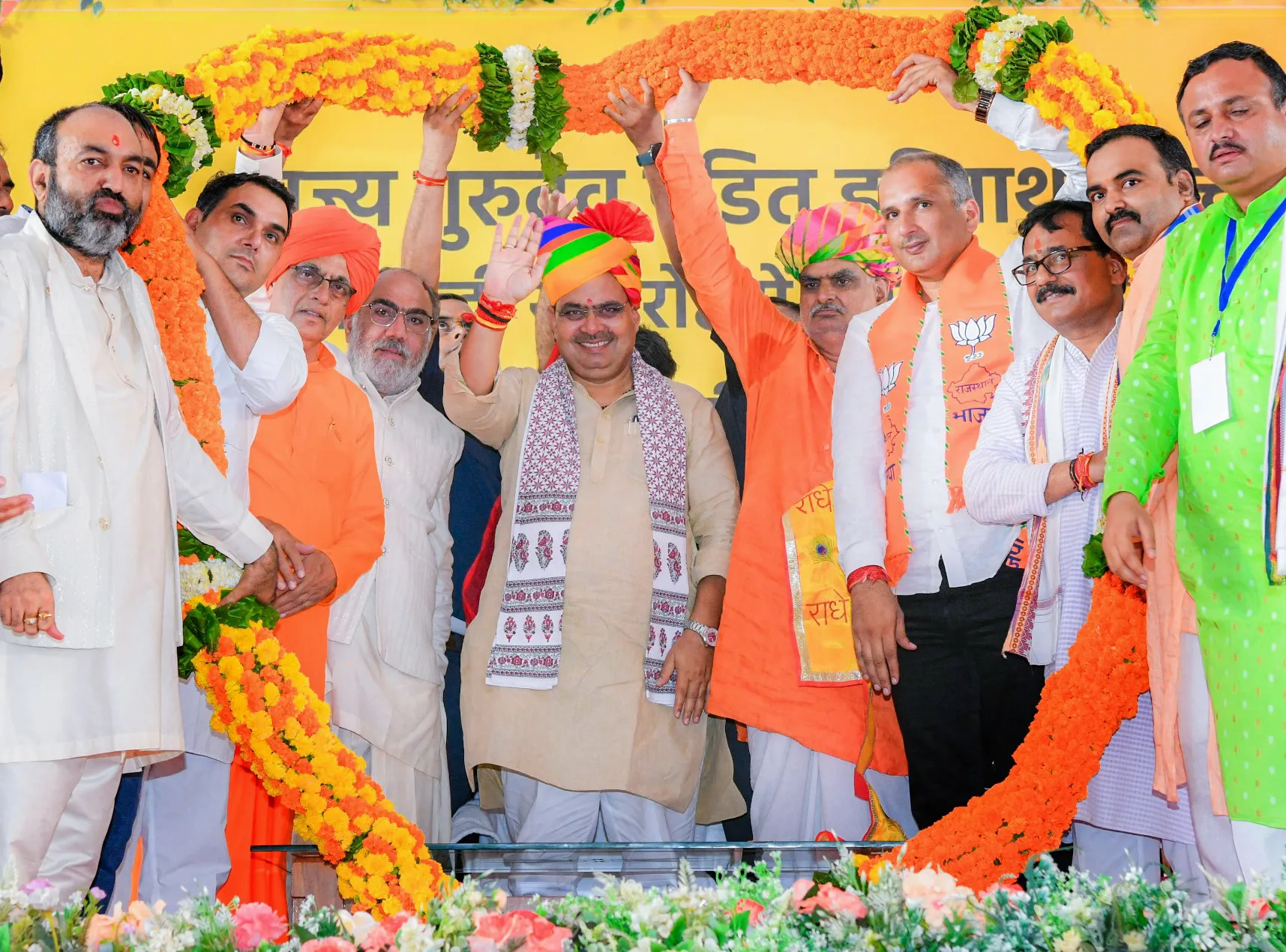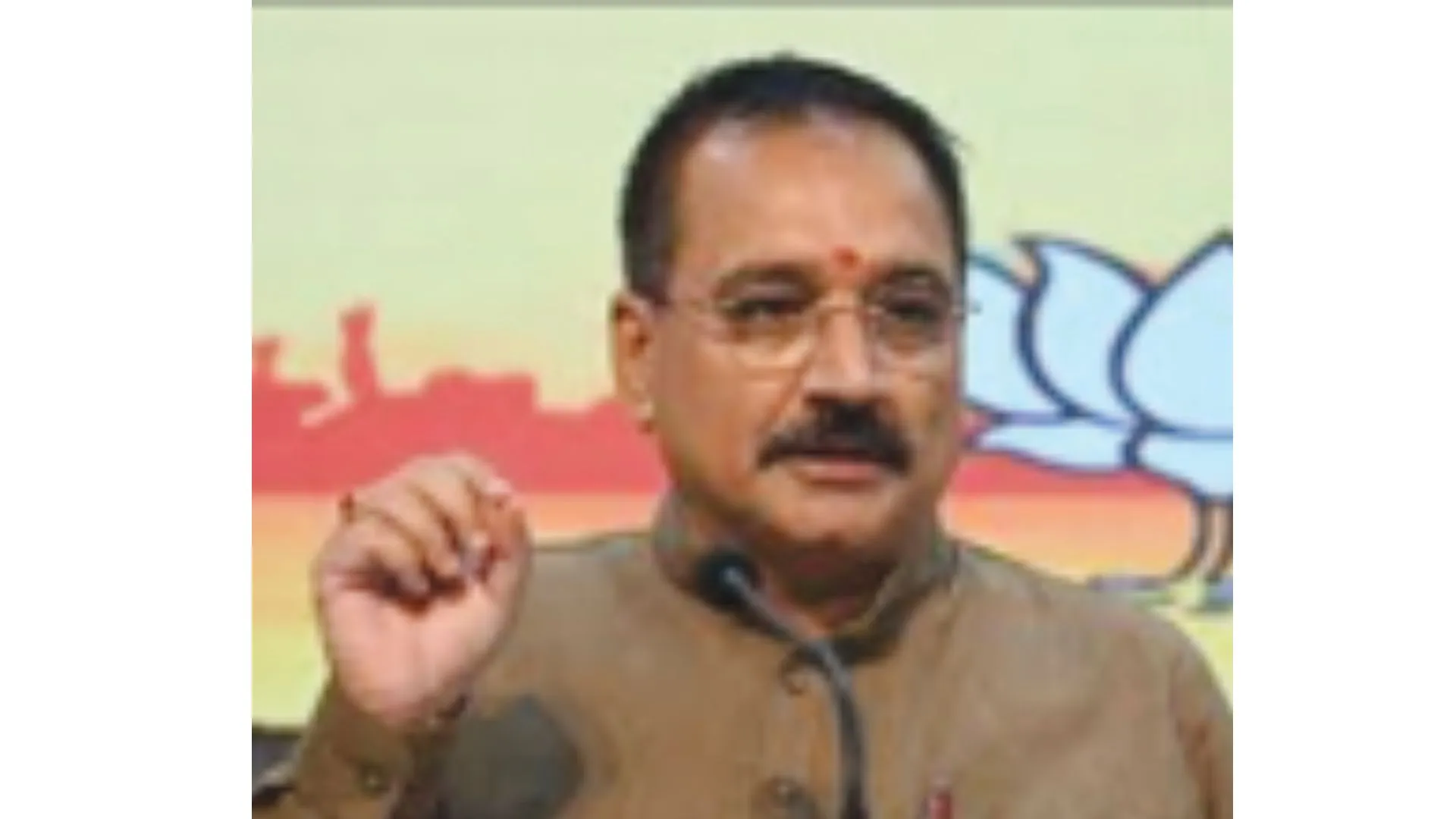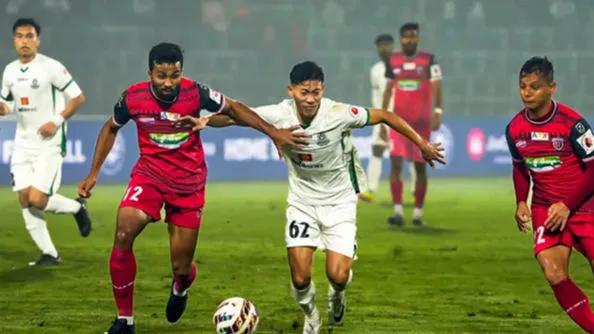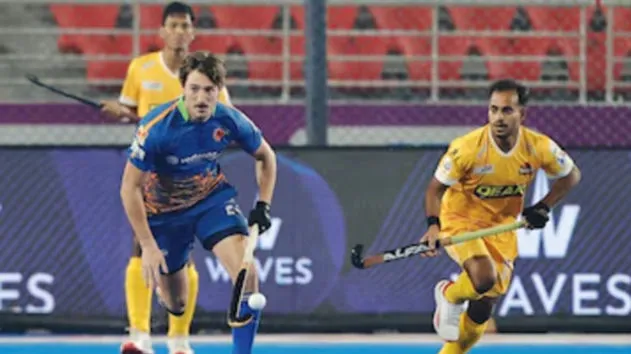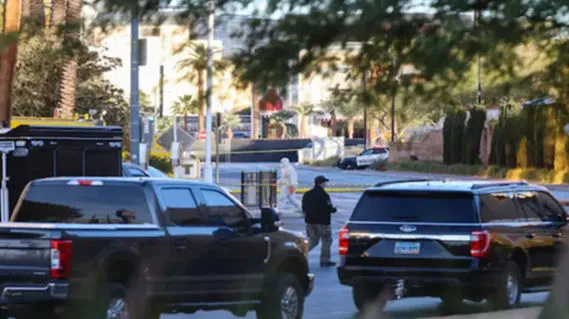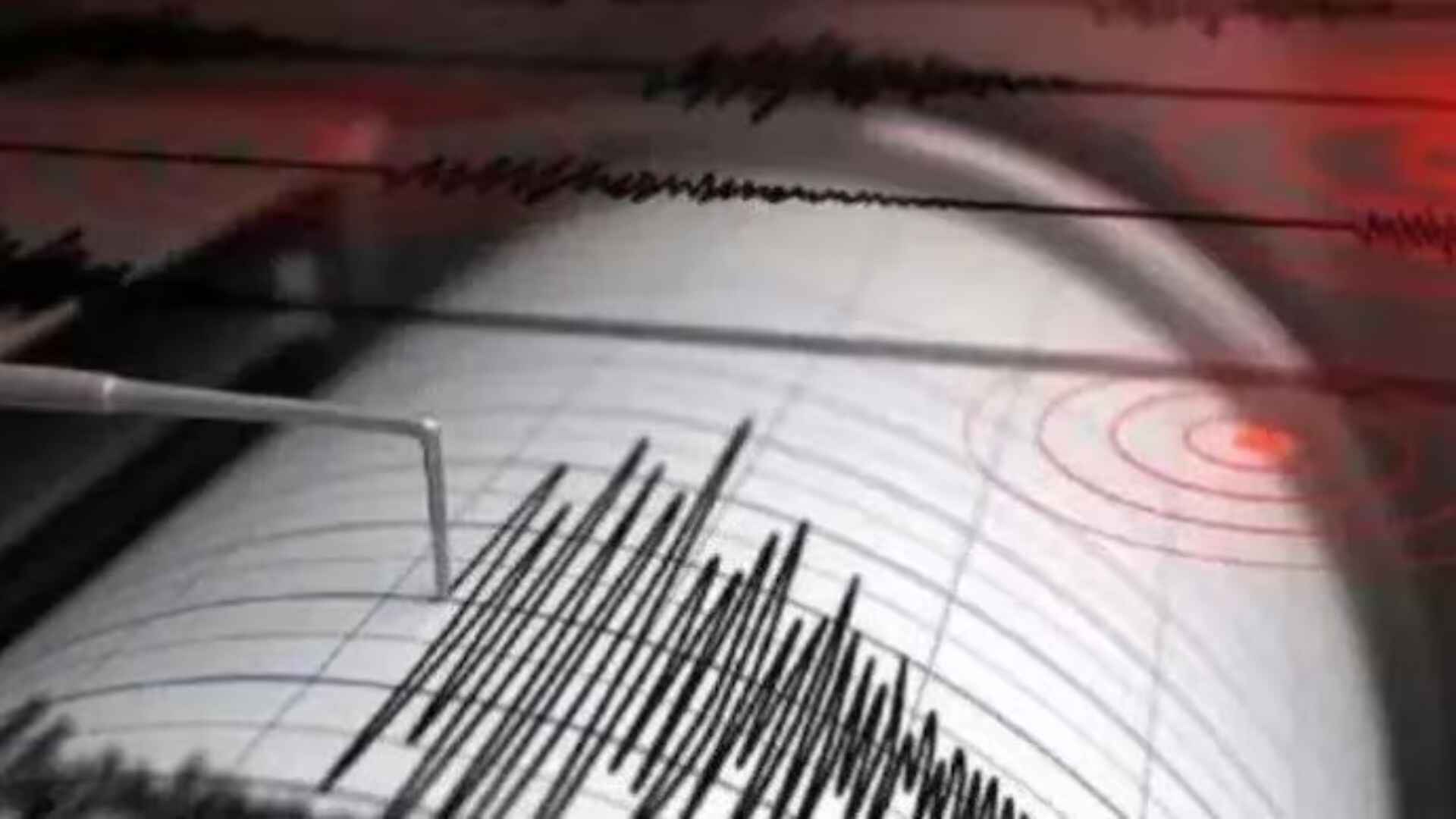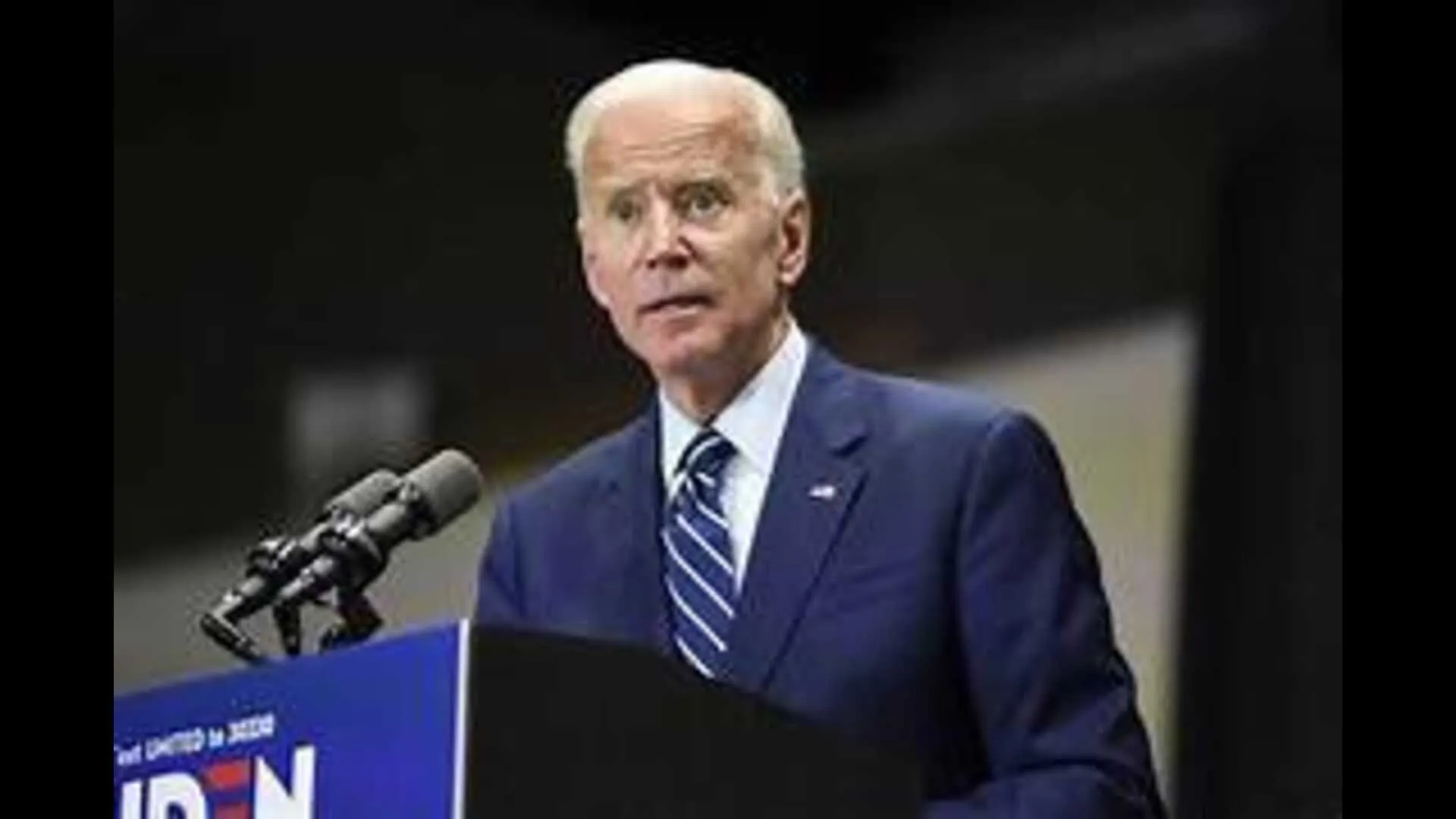Whoever said that you can take an Indian out of India, but not India out of an Indian, was surely speaking for the millions of Indians who live the great American dream in various corners of this proverbial land of milk and honey.
Yes, we are proud of our roots—and even prouder, now that we have a President who respects our culture, a leader who has ensured that enterprise and industry thrives in a peaceful, competitive and fair environment. This is where opportunities are liberally available for those with the gumption to grab them and where brawn and brain power have an equal chance to succeed. And I say this for the entire Indian American community: We personify the mystique and magic of this country, where the proverb, ‘if there is a will there is always a way’, holds steadfastly true.
I came to the US in the 1980s, got married, pivoted naturally towards the fast-paced life of a New Yorker, and instinctively started organizing fundraisers and India-centric cultural events. It was a chance meeting with a leading American couturier that was my stepping stone to establishing a highly successful transcontinental couture production enterprise. Today, I have worked with over 260 American designers, besides the Italians and the French, and offered employment to over 6,000 kaarigars in India.
America made my dream come true and, today, as a proud American, an equally proud Indian, and the co-chair for the organisation, Indian Voices for Trump, I am compelled to state ten reasons why I think that Trump is a real trump card for both India and Indian Americans.
One, with Trump, what you see is what you get. There are no hidden layers, secret agendas, subdued hate or an underlying sense of supremacy. We all know that for all the positive charm Ms. Harris exudes today, she is an Indian, distantly placed from her land of birth and a leftist, who in her heart blames the Modi government for Article 370 and Kashmir.
Two, both PM Modi and President Trump share camaraderie of true compatriots. There is much to be read beneath the ‘Howdy Modi’ and ‘Namaste Trump’ chants. They echo a deep relationship built over intense trust.
Three, when POTUS called China a ‘rogue actor’ at a globally relevant forum, the virtual conference of the Copenhagen Democracy Summit, he was sending calming signals to the Indian Army fighting the PLA on the rough terrains of Doklam. It’s like a brother behaves. We all know his contempt for the highly intriguing acts of a secretive Chinese government. And every time he speaks his mind with regard to China, he is actually sending signals of cooperation to India.
Four, when this top American diplomat conveyed his condolences on the death of 20 Indian soldiers (giving the loss of Chinese life a slip) during the deadly June 15 clashes that marked the first fatalities on the India-China border in 45 years, he was quietly saying: I am with you Mr Modi.
Five, Indian Americans also felt a deep sense of pride when Trump rallied around to join the Quad and the coming together of nations to maintain peace in the Indo-Pacific region. Japan, India, USA and Australia have formed the Quad to ensure prosperity, peace and security in this resource-rich region where China has been trying to spread its influence for quite some time now. The Quad has also decided to work together to ensure that the region “remains free and open”, which may be regarded as an answer to China’s Belt and Road Initiative.
Six, the strong ties of the two large democracies were seen growing rapidly in the US-India strategic partnership of 2019. A key agreement to facilitate the transfer of defence technology and an increase in bilateral trade in the second half of the year, and the start of the new tri-service exercise, ‘Tiger Trump’, after India’s order of state-of-the-art military equipment worth billions of dollars, portrays the growing ties between the two nations.
Seven, the Trump administration has also displayed a better understanding of India’s position on Kashmir post the abrogation of Article 370, unlike Kamala, who took to various so-called ‘liberal’ forums to openly call the Indian government a human rights violator. Many of the so-called India supporters that throng the democrats have never really shown an honest affiliation to their country of origin.
Eight, most notably, this administration has ensured that the US, along with its partner countries like the United Kingdom and France, worked to make sure that China removes its veto hold from designating Jaish-e-Mohammed chief Masood Azhar as a global terrorist by the UNSC. The Trump administration also opposed Pakistan’s efforts to list Indians as designated terrorists.
Nine, the Indian community in the US is greatly respected not only for their talent and brilliance in diverse fields but also for their amiable and vibrant culture which unites communities. The Trump administration is rightfully opposed to illegal immigration and has proposed a reform in the immigration process to discourage illegal immigration, make it merit-based to diminish the long waiting time as well as changing the way H1-B visas are granted so that it is accessible to those who deserve it the most. And this move will benefit Indians the most. Indians constituted 6.9% of the total number of new citizens (52,194) in 2018, with a rise of 2.7% over the previous year, making India the second largest country to get US citizenship. Also, 1.25 lakh H-1B visas were issued to Indian nationals in 2018, which accounted for nearly 70% of total visas. Now, what is a better reflection of an honest hand of friendship?
Lastly, India and the US have worked together in the fight to beat the Covid-19 pandemic. The two countries have provided medical aid to each other and are working together with other nations on a vaccine. Reiterating what was said earlier: Never has any previous US administration succeeded in forming such a strong alliance with India, which far-sighted intellectuals see as a very fruitful initiative for both the nations.
The writer is Co-Chair, Indian Voices for Trump, and a New York-based designer. The views expressed are personal.

